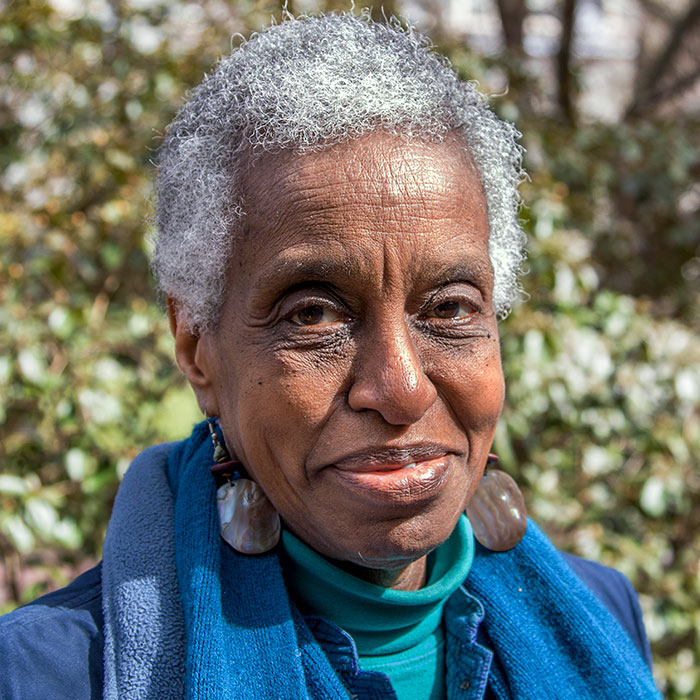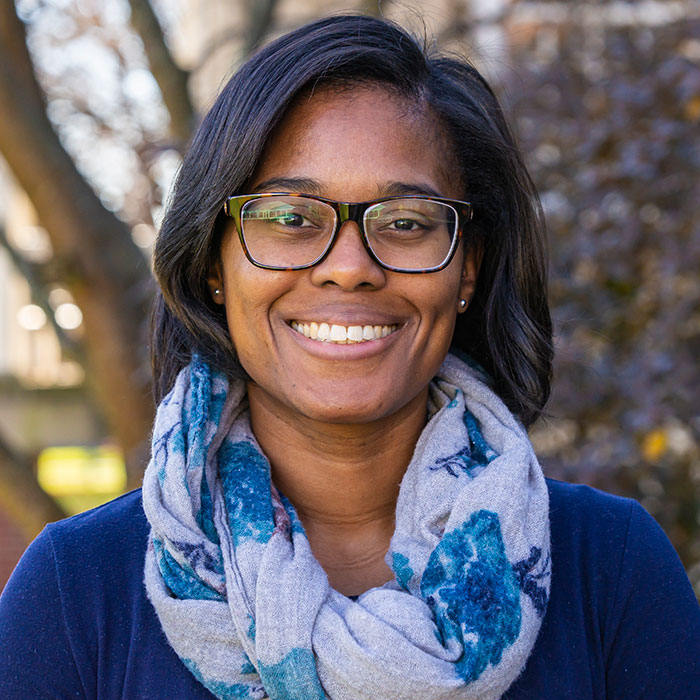John P. Chesick Scholars Program forFirst-Generation/Low-Income Students
Summer Reading and Learning Groups
These small group meetings (no more than 12 students) meet 3 or 4 times in July-August with a faculty member to discuss common readings or topics.
Books are provided at no charge and there is no work involved other than keeping up with the reading assignments or watching the recorded videos. Get to know a faculty member and other first-year Chesick Scholars and get a head-start in finding your voice in a supportive academic setting. Enrollment in these is limited and first-come-first-served.
Registration forms will be sent in the First In Newsletter. Please register by July 1st. There are spaces to enter your first, and second choices (if you wish). Students need to commit to attending all three sessions.
Descriptions for the 2024 Reading and Learning groups are below:
Re-envisioning History
Run by Emma Lapsansky-Werner
Meeting Schedule: Thursdays, July 18, 25 and August 11 from 11:00 a.m.–12:00 p.m. Eastern Time.
We will be reading Theodore Steinberg’s Down to Earth: Nature's Role in American History. This read—which suggests that it's not just PEOPLE who are responsible for the events of history—is relatively long. So we will "read around" in it. In preparation for the first week's discussion, please read Part I (51 pages). Then, in our first meeting, we'll decide together what part(s) we will read for our second and third sessions.
Writing as a Learning Process
Run by Jess Libow
Meeting Schedule: Wednesdays July 10, 17, 24, and 31 from 2:00–3:00 p.m. Eastern Time.
Even the most accomplished and confident writers hardly ever get it right on the first try. As your Haverford professors themselves can attest, most good writing takes time, input from others, and a willingness to adapt and adjust your approach. In fact, writing isn’t just a matter of telling your readers what you already know – it’s also about learning as you go. Every student at Haverford takes a writing seminar in their first year, and this learning community is an opportunity to experiment with aspects of the writing process that you will encounter in those courses. Over the course of four sessions, we will use short readings and writing exercises to practice techniques such as brainstorming, drafting, giving and receiving feedback, and revising.
Secret Codes
Run by Steven Lindell
Meeting Schedule: Mondays July 29, August 5 & 12 from 2:00 to 3:00 p.m. Eastern Time.
Privacy of communication is paramount in our modern electronically interconnected world, and the computer science behind that is known as cryptography, literally the study of secret writing. While the modern study of secret codes involves some of the most sophisticated mathematics available, this mini course will explore cryptology, the much longer history prior to digital computers. Students will obtain an introduction to this study of secrecy by reading excerpts from “The Code Book” by Simon Singh and learning about those ideas during class periods. In addition, students will watch the film “Codebreaker” and discuss the issues it raises during class. This course requires no mathematical prerequisites, only the desire to learn about a hidden part of history and science.
You can read a sample from the book on Amazon and watch a trailer for the film on YouTube.
Toolkit for Research: Library 101
Run by Dee Brown
Meeting Schedule: Tuesdays July 16, 23, 30 from 1:00 to 2:00 p.m. Eastern Time.
Worried about writing research papers once you get to college? This three session learning group is designed to help you get started with understanding academic research. Students will be invited to explore the various resources available at the Haverford library, so you will be able to dive right in when you get that first assignment! Learn how to access Tripod (the tri-college library website) and library databases on specific subjects. Also meet our fantastic research librarians and get tips on how to get started on a research topic.
Course will be divided into 3 weeks:
- July 16: Navigating our website and Intro to Tripod
- July 23: Understanding College Databases
- July 30: Advanced Research Techniques



